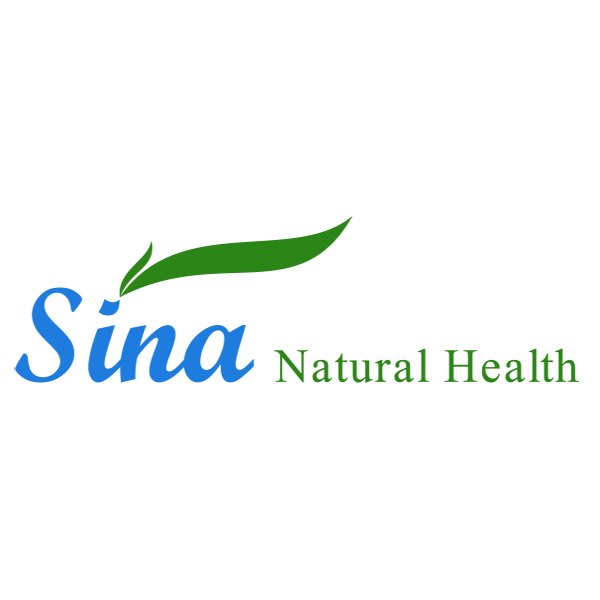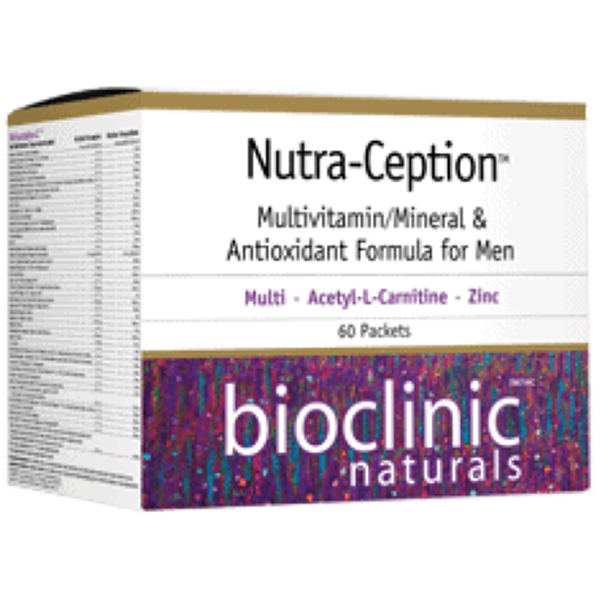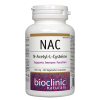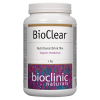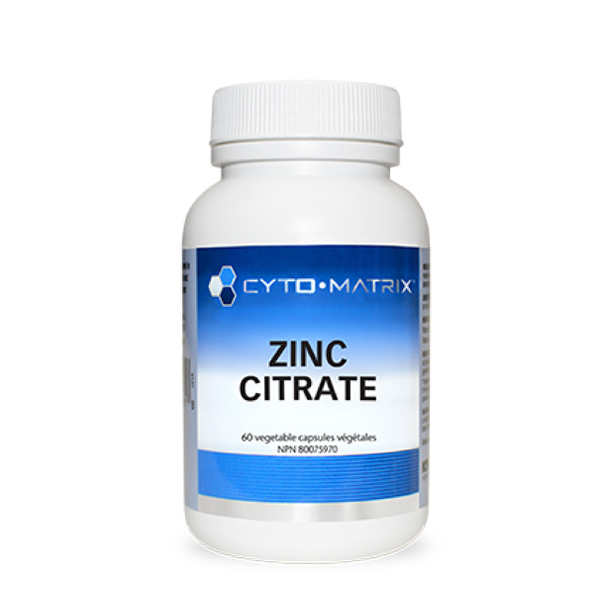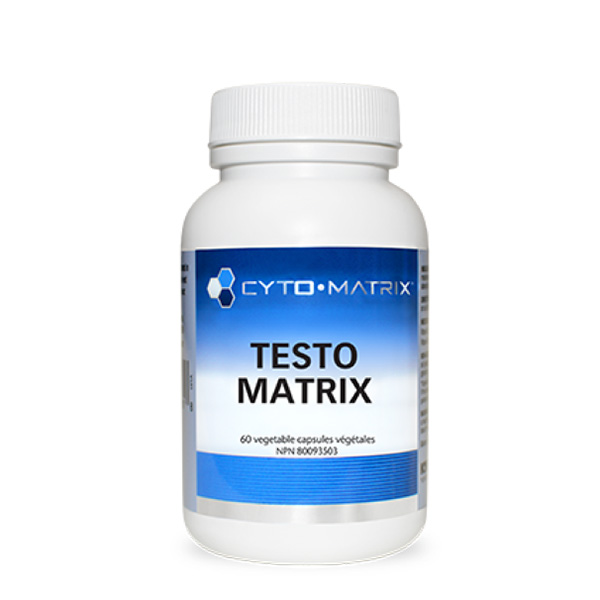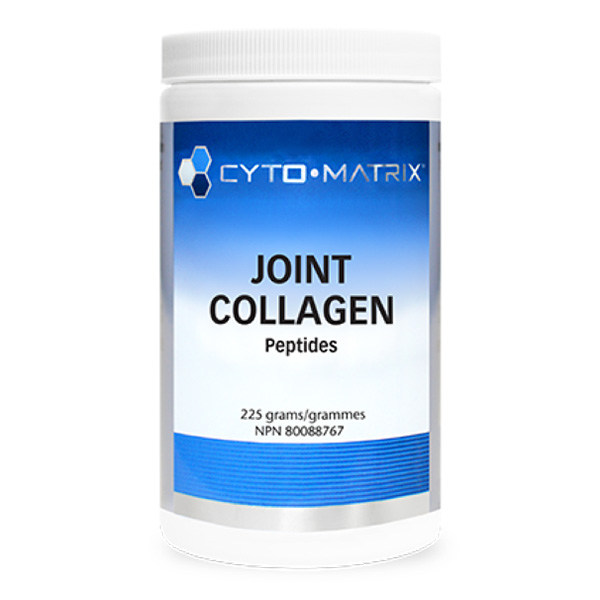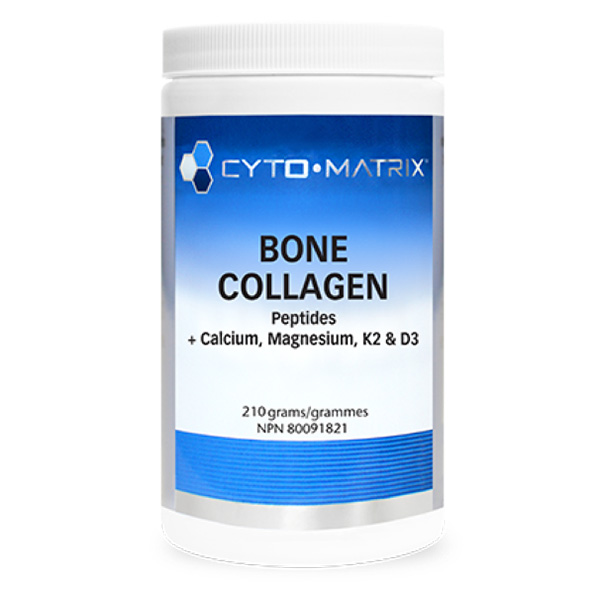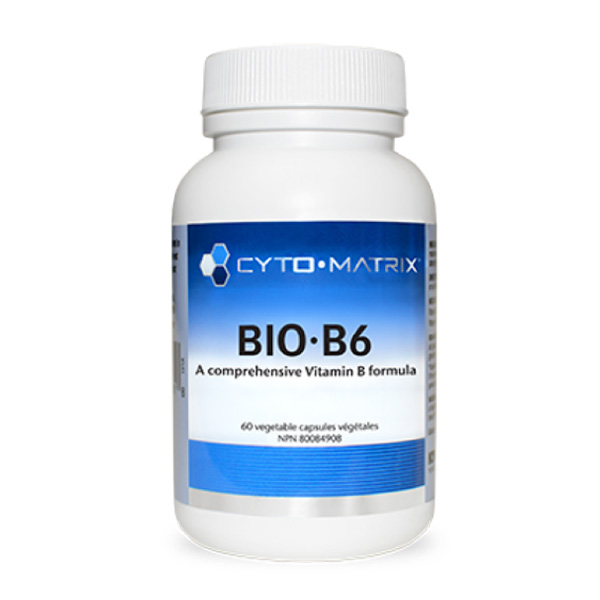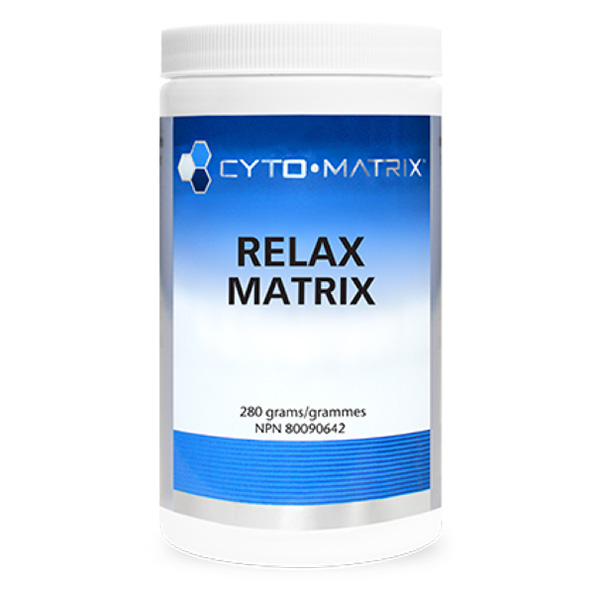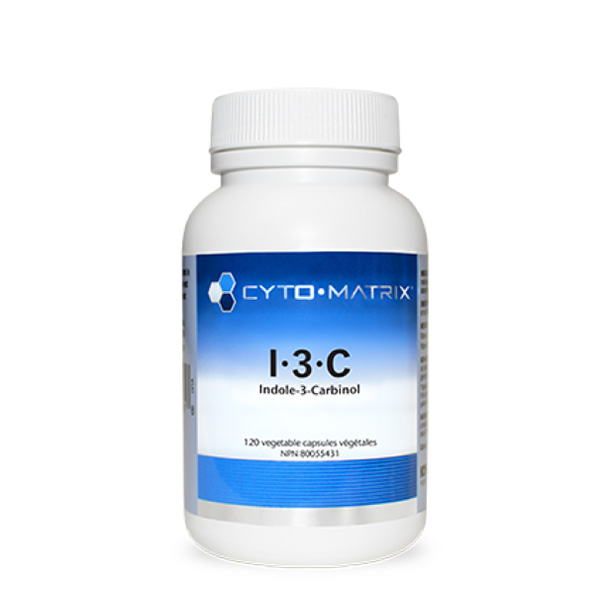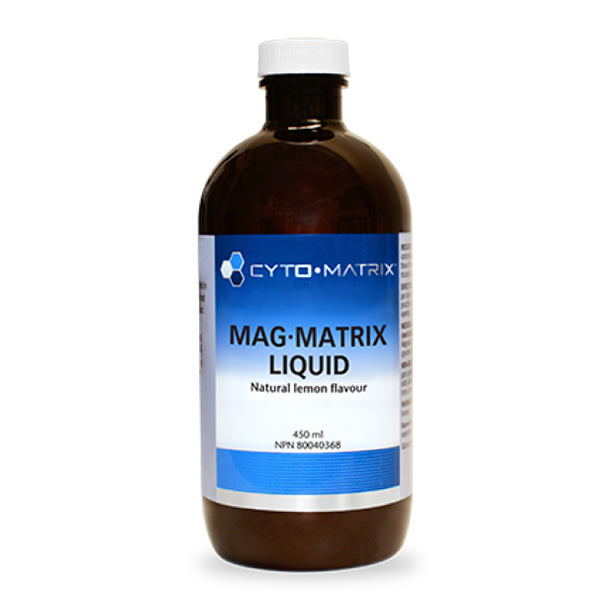Bioclinic – Nutra-Ception
Multivitamin/Mineral & Antioxidant Formula for Men
1 Kit ( SKU: 9800, NPN: 80089852 )
Benefits
- Provides broad nutritional foundation, with clinically effective doses of the most bioavailable nutrient forms, including pyridoxal 5-phosphate, vitamin K2 (Menaquinone-7), gamma-tocopherol, and vitamin D3
- Contains limiting factors for glutathione synthesis, critical to detoxification of environmental pollutants which impair sperm and testosterone function
- Additional nutritional support for reproduction function and healthy sperm formation and integrity
- Provides broad spectrum antioxidants to reduce oxidative damage to sperm, including bilberry and citrus extracts, lipoic acid, lycopene, and lutein
Feature Summary
Nutra-Ception, a comprehensive multivitamin/mineral foundation, provides a broad spectrum of nutrients optimal for male reproductive health, combined with advanced protection from environmental toxicity and support for mitochondrial function, the keys to healthy sperm formation.1 Persistent pollutants have emerged as a culprit behind both the metabolic syndrome and obesity, but also the growing prevalence of infertility.2,3,4,5 Anti-androgens and endocrine disruptors have become widespread, adversely influencing semen health and testosterone activity, and impairing (mitochondrial) energy production.6,7 Nutra-Ception supports detoxification of these toxins by enhancing glutathione synthesis; N-acetyl cysteine, the precursor to glutathione, improves the volume, motility, and viscosity of sperm among men with infertility. Other key antioxidants, such as CoQ10 and lipoic acid improve male subfertility by reducing oxidative stress and restoring mitochondrial function.8,9,10
Zinc plays a key role in spermiogenesis (sperm formation), and low levels increase the susceptibility to damage to sperm DNA and cell membranes.11 Lower zinc levels have been documented among infertile men, and when supplemented, zinc has been shown to increase sperm counts in both fertile and subfertile men.12,13 A review of randomized trials of acetyl-l-carnitine, critical to sperm health, found over a 4-fold increase in pregnancy rates among infertile couples.14
Medicinal Ingredients
| BioFoundation-G® | ||
| Each Tablet Contains: | Per Tablet : | Daily Dose: |
| Vitamin A (Palmitate) | 500 IU(150 mcg RAE) | 3000 IU (900 mcg RAE) |
| Vitamin B1 (Thiamine Hydrochloride) | 4.2 mg | 25 mg |
| Vitamin B2 (Riboflavin) | 4.2 mg | 25 mg |
| Vitamin B3 (Niacin) | 12.5 mg | 75 mg |
| Vitamin B3 (Niacinamide) | 33.3 mg | 200 mg |
| Vitamin B5 (Pantothenic Acid) (Calcium d-Pantothenate) | 16.7 mg | 100 mg |
| Vitamin B6 (Pyridoxal 5-Phosphate) | 0.8 mg | 5 mg |
| Vitamin B6 (Pyridoxine Hydrochloride) | 1.7 mg | 10 mg |
| Biotin | 8.3 mcg | 50 mcg |
| Betaine Hydrochloride | 16.7 mg | 100 mg |
| Folic Acid | 83 mcg | 500 mcg |
| Vitamin B12 (Methylcobalamin) | 167 mcg | 1000 mcg |
| Para-Aminobenzoic Acid (PABA) | 4.2 mg | 25 mg |
| Choline (Bitartrate) | 4.2 mg | 25 mg |
| Inositol | 4.2 mg | 25 mg |
| Vitamin C (Ascorbic Acid) | 167 mg | 1000 mg |
| Vitamin D3 (Cholecalciferol) | 333 IU (8.3 mcg) | 2000 IU (50 mcg) |
| Gamma-Tocopherol (Vitamin E) | 33.3 mg | 200 mg |
| Vitamin K2 (Menaquinone-7) | 7.5 mcg | 45 mcg |
| Boron | 41.7 mcg | 250 mcg |
| Calcium (HVP* Chelate) | 16.7 mg | 100 mg |
| Chromium (Chromium Polynicotinate) | 33.3 mcg | 200 mcg |
| Copper (HVP* Chelate) | 0.17 mg | 1 mg |
| Iodine (whole plant) (Ascophyllum nodosum) | 50.0 mcg | 300 mcg |
| Magnesium (HVP* Chelate) | 33.3 mg | 200 mg |
| Manganese | 0.8 mg | 5 mg |
| Molybdenum | 66.7 mcg | 400 mcg |
| Potassium (Citrate) | 6.8 mg | 41 mg |
| Selenium (Selenomethionine) | 33.3 mcg | 200 mcg |
| Vanadium (Citrate) | 2.5 mcg | 15 mcg |
| Zinc (Citrate) | 2.5 mg | 15 mg |
| Bilberry Extract (36% Anthocyanosides) (fruit) (Vaccinium myrtillus) | 6.6 mg | 40 mg |
| Citrus Bioflavonoids 4:1 Extract (fruit) (Citrus limonum, Citrus sinensis, Citrus reticulata, Citrus aurantiifolia) | 8.3 mg | 50 mg |
| Coenzyme Q10 (microorganism) | 8.3 mg | 50 mg |
| Green Tea Phytosome® (13% EGCg† ) (leaf) (Camellia sinensis, leaf &Glycine max, seed) | 8.3 mg | 50 mg |
| Hesperidin (Citrus sinensis) (fruit) | 4.2 mg | 25 mg |
| Lutein (flower) (Tagetes erecta) | 0.55 mg | 3.3 mg |
| Lycopene (fruit) (Lycopersicon esculentum) | 0.28 mg | 1.65 mg |
| Milk Thistle Phytosome® (15% Silybin) (seed) (Silybum marianum, fruit &Glycine max, seed) | 00000 | 150 mg |
| N-Acetyl Cysteine | 25 mg | 150 mg |
| R-Alpha-Lipoic Acid | 41.7 mg | 250 mg |
| ResveratrolRich® Proprietary Blend | 33.3 mg | 200 mg |
| [Wine Grape (Vitis vinifera) Powdered Extract (fruit) and Purified Japanese Knotweed (Polygonum cuspidatum) (root) ] Providing Natural Trans-Resveratrol | 16.7 mg | 100 mg |
| *HVP: Hydrolyzed Vegetable Protein | ||
| † EGCg: epigallocatechin-3-gallate |
Non-Medicinal Ingredients
Microcrystalline cellulose, croscarmellose sodium, coating (carbohydrate gum [cellulose], glycerin), vegetable grade magnesium stearate (lubricant).
Allergens:
Contains no artificial preservatives, colours or sweeteners and no dairy, wheat or yeast. Sealed for your protection. Do not use if seal is broken. For freshness, store in a cool, dry place.
Recommended Use:
Take 1 packet per day with food, a few hours before or after taking other medications or natural health products. Do not exceed the recommended dose except on the advice of a health care practitioner.
Contraindications
While no specific contraindications are known, this product should be avoided by individuals with a history of hypersensitivity to any of its ingredients. Vitamin D supplementation should be done with caution in those with hypercalcemia or granulomatous diseases, such as sarcoidosis. This product does not contain iron, and may not be the most suitable for use during pregnancy and lactation.
Drug Interactions
Caution should be used with antidiabetes and/or hypertensive medications, as they may have additive effects. Vitamin K supplementation may decrease the efficacy of warfarin, or require more close monitoring of its administration. Long term use may warrant low dose copper supplementation.
- Piomboni P, Focarelli R, Stendardi A, et al. The role of mitochondria in energy production for human sperm motility. Int J Androl. 2012 Apr;35(2):109-24. doi: 10.1111/j.1365-2605.2011.01218.x.
- Meeker JD, Stapleton HM. House dust concentrations of organophosphate flame retardants in relation to hormone levels and semen quality parameters. Environ Health Perspect. 2010 Mar;118(3):318-23. doi: 10.1289/ehp.0901332.
- Jurewicz J, Hanke W, Radwan M, Bonde JP. Environmental factors and semen quality. Int J Occup Med Environ Health. 2009;22(4):305-29. doi: 10.2478/v10001-009-0036-1.
- Schell LM, Burnitz KK, Lathrop PW. Pollution and human biology. Ann Hum Biol. 2010 Jun;37(3):347-66. doi: 10.3109/03014461003705511.
- Zhou N, Cui Z, Yang S, et al. Air pollution and decreased semen quality: a comparative study of Chongqing urban and rural areas. Environ Pollut. 2014 Apr;187:145-52. doi: 10.1016/j.envpol.2013.12.030.
- Joensen UN, Veyrand B, Antignac JP, et al. PFOS (perfluorooctanesulfonate) in serum is negatively associated with testosterone levels, but not with semen quality, in healthy men. Hum Reprod. 2013 Mar;28(3):599-608. doi: 10.1093/ humrep/des425.
- Lim S, Cho YM, Park KS, Lee HK. Persistent organic pollutants, mitochondrial dysfunction, and metabolic syndrome. Ann N Y Acad Sci. 2010 Jul;1201:166-76. doi: 10.1111/j.1749-6632.2010.05622.x.
- Ciftci H, Verit A, Savas M, Yeni E, Erel O. Effects of N-acetylcysteine on semen parameters and oxidative/antioxidant status. Urology. 2009 Jul;74(1):73-6. doi: 10.1016/j.urology.2009.02.034.
- Showell MG, Brown J, Yazdani A, et al. Antioxidants for male subfertility. Cochrane Database Syst Rev. 2011 Jan 19;(1):CD007411.
- Abad C, Amengual MJ, Gosálvez J, et al. Effects of oral antioxidant treatment upon the dynamics of human sperm DNA fragmentation and subpopulations of sperm with highly degraded DNA. Andrologia. 2013 Jun;45(3):211-6. doi: 10.1111/and.12003.
- Powell SR. Antioxidant properties of zinc. J Nutr. 2000;130:1447–1454.
- Colagar AH, Marzony ET, Chaichi MJ. Zinc levels in seminal plasma are associated with sperm quality in fertile and infertile men. Nutr Res. 2009;29:82–88. doi: 10.1016/j.nutres.2008.11.007.
- Wong WY, Merkus HM, Thomas CM, et al. Effects of folic acid and zinc sulfate on male factor subfertility: a double-blind, randomized, placebo-controlled trial. Fertil Steril. 2002 Mar;77(3):491-8.
- Zhou X, Liu F, Zhai S. et al. Effect of L-carnitine and/or L-acetyl-carnitine in nutrition treatment for male infertility: a systematic review. Asia Pac J Clin Nutr. 2007;16 Suppl 1:383-90.
| Weight | 0.1 kg |
|---|
